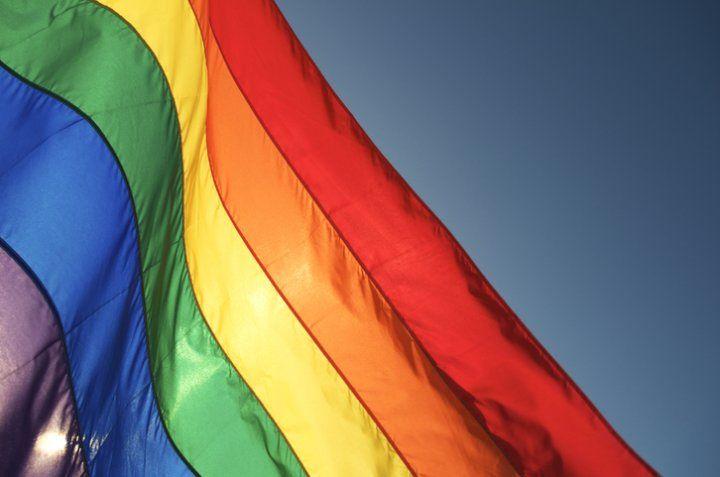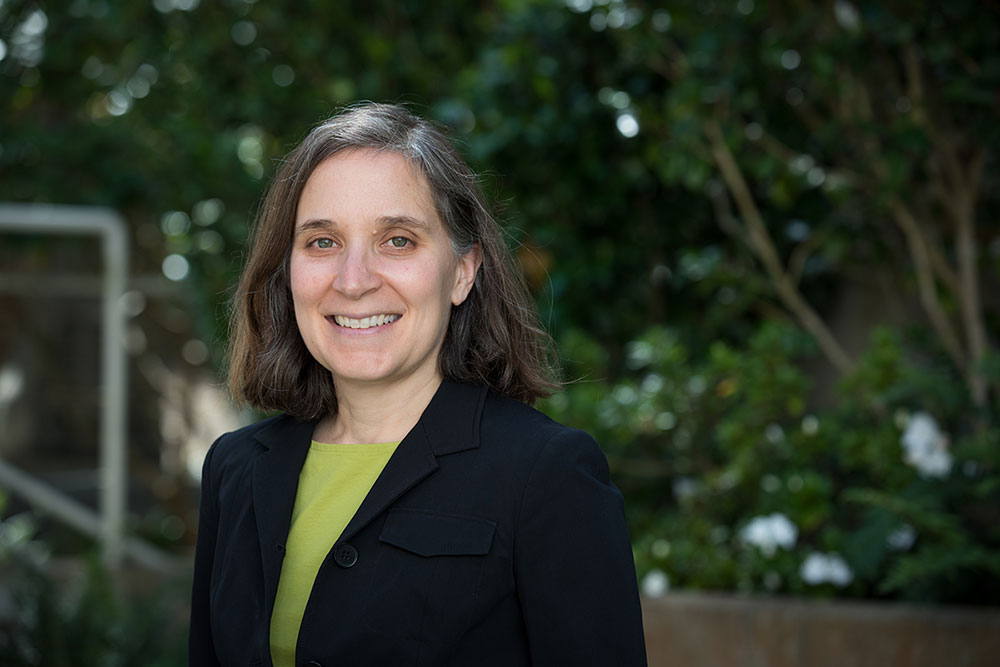
When LGBTQ+ individuals seek medical care, they face challenges beyond just questions of diagnosis or wait times. The nuances of their sexual or gender identity mean that they are more likely to receive lower quality of care: health care workers might misgender them, misunderstand their family relationships, and not understand how hormone treatments will interact with other prescriptions.
The results can be damaging, said Annesa Flentje, PhD, associate professor in the UCSF School of Nursing and director of the Center for Sexual & Gender Minority Health at UC San Francisco. “Patients when they go to a health care provider are very vulnerable,” she said. “If they are mistreated in that setting, that can be a really distressing experience, and it can discourage them from coming back and getting the health care they need.”
“We know that there is a lack of LGBTQ+ curriculum and training hours across basically the entire field, and not just at UCSF,” said Matthew Beld, MPH, who identifies as non-binary. “What that means is students receive very minimal training on LGBTQ+ health – and even the basics of LGBTQ+ identity: What is considered sexual orientation? What is gender identity? What is gender expression? And why are pronouns important, especially in the examination room or the research office?”
According to forthcoming research, some 30 percent to 42 percent of people in a sexual or gender minority (SGM) report experiencing discrimination in health care settings, said Flentje, and those experiences can lead to hesitancy in receiving medical care, which can have all sorts of long-term negative effects, like higher rates of cardiovascular disease and smoking, as well as delaying checkups. All of this is especially relevant now, when vaccine hesitancy has contributed to the ongoing COVID-19 crisis.
Addressing this disconnect between health care providers and SGM communities inspired Flentje to develop the LGBTQ+ Health Certificate Program through the Center. The certificate program builds on UCSF’s pioneering work in LGBTQ+ health care and is open to all UCSF staff, faculty, students, fellows, and residents. The program has had one cohort of individuals, and one entire clinic to date, with plans to enroll an additional cohort once it receives additional funding.
“The health certificate was really designed to be a way for people who wanted advanced training in LGBTQ+ health,” she said. “We wanted to advance care at UCSF generally, to make sure that the staff were able to get the training that they needed to make sure that clinical spaces and education spaces were really inclusive for LGBTQ+ people.”

Flentje and Beld spent a year hosting discussions and focus groups “to learn what people really wanted to know and what their level of knowledge was,” said Beld, and from those discussions, they developed the certificate.
Read the full story on the UCSF News website.
